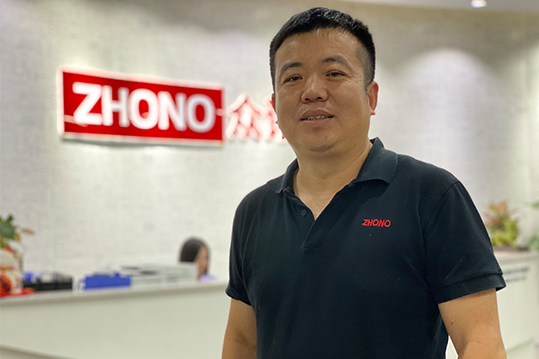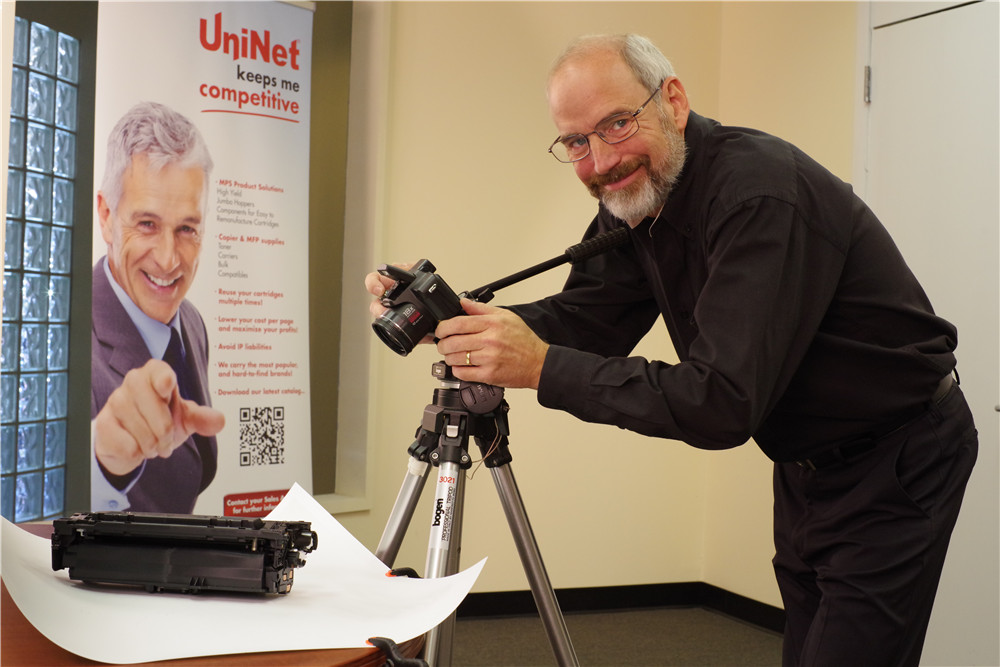Print-Rite Customers Agree to Meet with US Customs
Lawyers working with Print-Rite in the U.S. have set up meetings between customers and Customs authorities in Long Beach California this week.
In an exclusive interview, Steven Adkins—a trial lawyer specializing in Section 337 investigations before the United States International Trade Commission and at U.S. Customs—has told Recycling Times, Print-Rite has taken actions to care for their U.S. customers, and to ensure supplies are not disrupted, following the recent Canon GEO.
According to Adkins, “Print-Rite has came up with a different product, obtained a US patent on that product, and got a risk-free clearance for its new product so that Customs will not seize the Print-Rite No-Twist™ product.” He added, “The details of the clearance cannot be discussed because of Print-Rite’s confidentiality obligations.”
Adkins explains Print-Rite has done something quite unusual in delivering what he calls a very “iron-clad,” no-risk solution for their customers who sell product into the United States. “To our knowledge, Print-Rite is the only one that has this level of clearance. So long as the customer brings in Print-Rite’s No-Twist™ patented product neither Customs nor the importer will be subject to a lawsuit from Canon concerning such products. As a careful lawyer I do not usually say “iron-clad”, but in this particular case Print-Rite has an “iron-clad” clearance. No one has any risk of being sued if they import the Print-Rite’s No-Twist™ gear products.”
Adkins first met with Customs officials in Washington DC, as well as at Long Beach, California where he presented Print-Rite’s No-Twist™ products and gave a presentation concerning the customers, their products and their packaging.
Then Customs asked to meet face-to-face with Print-Rite’s customers. “That’s what we finished doing this week”, Adkins says. “We had customers fly across the country to come in and meet with Customs officials and provide them the information they needed, so they could continue their importations.”
Customs and Print-Rite customers had intense meetings but according to Adkins, Customs found them very useful. “Six-to-ten officials around the country from JFK Airport in New York to San Diego, El Paso, Memphis, Chicago, also listened in to a telephone conference we had with each of the customers.”
The Customs’ messages to Print-Rite’s customers were very clear. Adkins told Recycling Times “So long as our customers are bringing in the Print-Rite No-Twist™ gear product, there is no issue.” But Customs also warned “they would have to consider any other types of products being imported [from other offshore suppliers] before any clearance could be given. They advised that even if given a clearance [on these other products], should Canon disagree with Customs’ decision, Canon can sue Customs, the importer, or both, in a court in the United States.”
In Adkins view, Customs has been very receptive to having people come in and meet with them. “We’ve done approximately 50 of these investigations and we’ve taken experts in to teach Customs about the technology when we are working to enforce an ITC exclusion order. We have also met with Customs to educate them on what not to seize under an ITC exclusion order.”
Adkins says Canon obtained a very broad general exclusion order from the ITC, which could affect tens, if not hundreds, of companies around the world. As is the case with all general exclusion orders, he says, any company or person importing relevant products is sued, even if they were not named in the ITC complaint. “And that’s what’s happened here: Canon got an order that shuts everyone in the world out of this market, even if they were not listed on the ITC complaint.”
Print-Rite says evidence of their respect for IP rights is illustrated in the Canon case. After becoming aware of Canon’s patents years ago, they decided to work around them and come up with its own solution. Canon’s patents, according to Adkins, motivated Print-Rite to come up with a different, innovative technology that allowed the US Patent Office to grant Print-Rite a patent on its own product. Adkins concludes, “So the system worked the way it should in this respect.”



Leave a Comment
Want to join the discussion?Feel free to contribute!